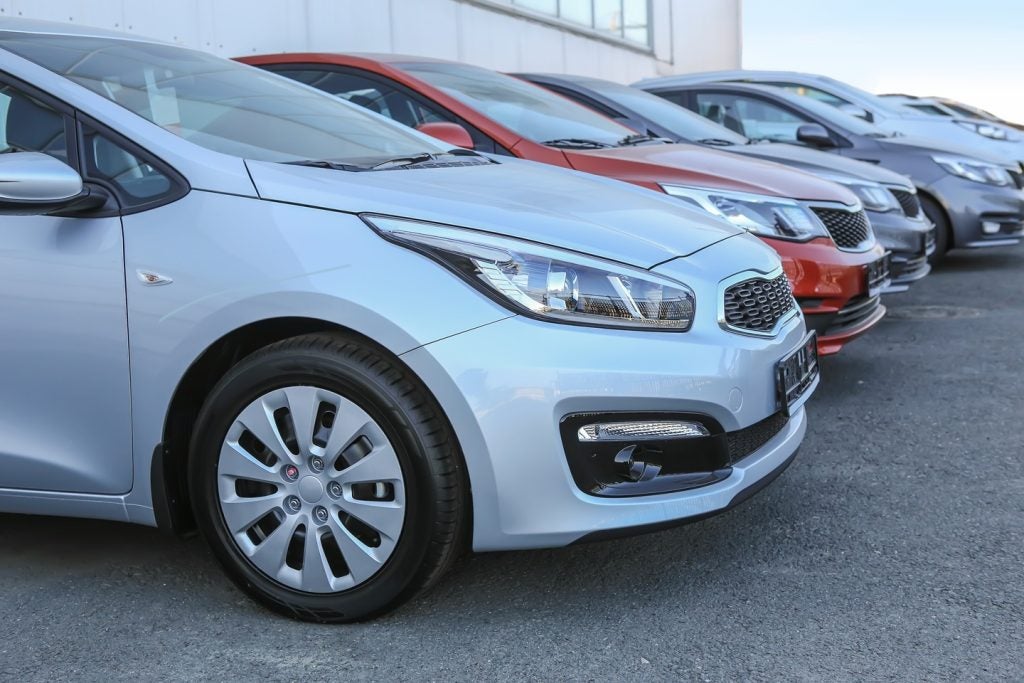| As car clubs begin to gain traction in the UK’s metropolitan areas, Jo Tacon asks what the implications of the clubs’ growth could be for motor financiers and fleets alike |
 |
|
Strange parking spots have been quietly appearing in Carplus, a charity which promotes alternative forms of However, there are signs that a tipping point is, if not Car club WhizzGo recently published the results of a Not for everyone How well do you really know your competitors?Access the most comprehensive Company Profiles on the market, powered by GlobalData. Save hours of research. Gain competitive edge. 
Company Profile – free
sample
Thank you!Your download email will arrive shortly Not ready to buy yet? Download a free sampleWe are confident about the unique quality of our Company Profiles. However, we want you to make the most beneficial decision for your business, so we offer a free sample that you can download by submitting the below form By GlobalDataBut the privately-owned vehicle is far from extinct. The heads The UK city which best meets these requirements is London, Yet as MD of WhizzGo, Charlotte Morton points out, Paul McLoughlin, general manager of Zipcar notes that 85 per Brett Akker, joint MD of Streetcar says that estimates for the James Finlayson, CEO of City Car Club, meanwhile, says that his
A rate of knots All four car clubs reported strong growth in member numbers over While the numbers involved are still relatively small, if the As well as saving money for those members whose car usage Model choice is key, Akker notes: “The vast majority of Pool’s closed It is not just private car ownership levels that could be eaten 14 per cent of Zipcar’s business is in the B2B arena. Finlayson of City Car Club also identifies B2B as a “very But there is still a “long way to go on [replacing] company The snowball effect Akker says that at the moment, there is “plenty of room” in the Word of mouth is still essential, all club operators Some people, however, will never be convinced. “Jeremy Funding methods City Car Club: “We have opted for the contract Streetcar: “Streetcar owns its cars, which are WhizzGo: “Our cars are operated on a contract Zipcar: “We have a worldwide leasing Club member case study: Paul, 32, London “I’ve been a car club member for two years – it’s pretty good “I use a club car once a month or less often and usually it’s |
Join the club?
Marked as For car club use only, or similar, on quiet residential streets, along busy thoroughfares, or tucked away in corners of car parks, they are an outward sign of the car clubs which have begun to colonise London, and which are steadily growing their network across the UK.
Join the club?








